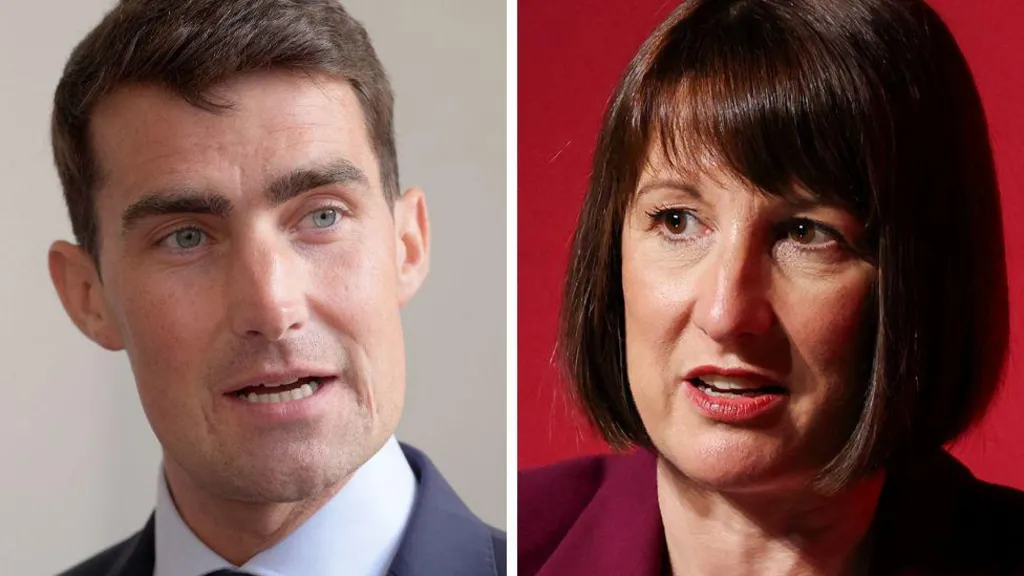
UK and Irish Budgets 2024: Contrasting Fiscal Strategies
The UK and Irish Budgets 2024 highlight two very different approaches to their respective economic challenges. Ireland’s budget, backed by a strong surplus, offers generous spending options. On the other hand, the UK prepares for more stringent financial management, hinting at difficult times ahead.
Ireland’s Budget Surplus and Optimistic Future
In the Irish Budget 2024, Finance Minister Jack Chambers introduced cost-of-living relief measures, including a €250 energy payment for households. This relief comes as part of a €25bn budget surplus. Much of this surplus stems from corporate taxes, especially from tech giants like Apple, which alone contributed €14bn. Thanks to Ireland’s long-standing policy of low corporate tax rates, the country has become a haven for multinational companies, allowing it to invest in its future. Additionally, the government plans to establish a sovereign wealth fund to secure long-term financial stability.
The UK’s Tough Budget Choices
Conversely, the UK Budget 2024 faces a more challenging situation. Prime Minister Rishi Sunak warned the public of “painful” decisions ahead. The UK government has already cut the £300 winter fuel payment for pensioners, signaling tighter measures. The focus now lies on how to address the £22bn deficit. Options include tax increases, spending cuts, or tweaking fiscal rules to permit more borrowing. Unlike Ireland, the UK must carefully balance the need for public investment with the pressure to reduce the deficit.
While Ireland’s Budget 2024 reflects optimism, with plenty of room for growth and investment, the UK Budget 2024 presents a starkly different picture. Ireland benefits from its surplus, but the UK faces tough choices in managing its public finances.
External Link:
For full coverage, visit BBC’s article.
Internal Link:
Explore more economic insights at Kenkou Land Blog.





